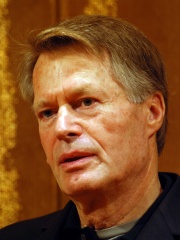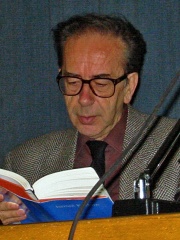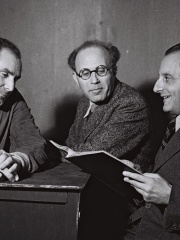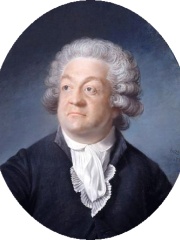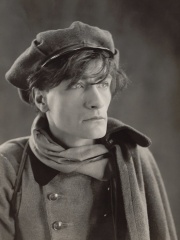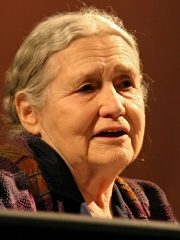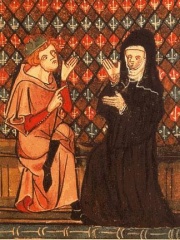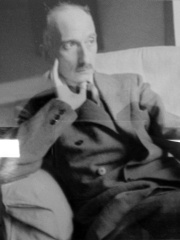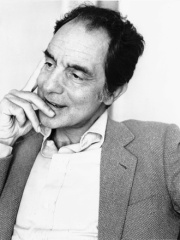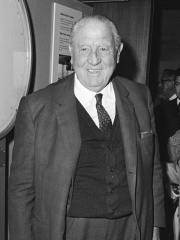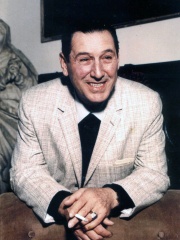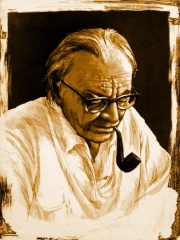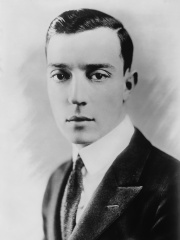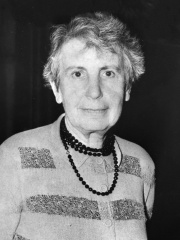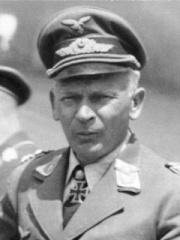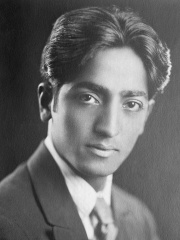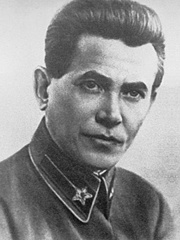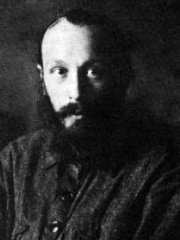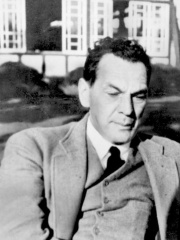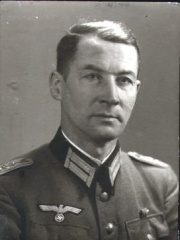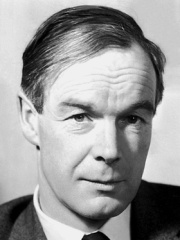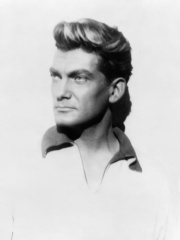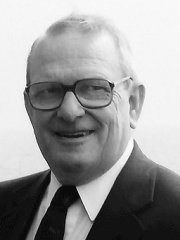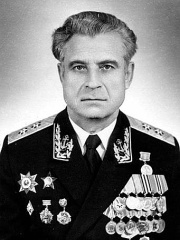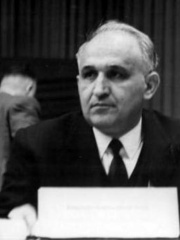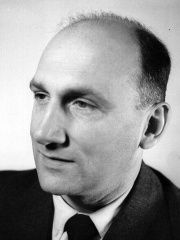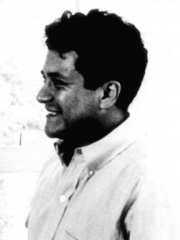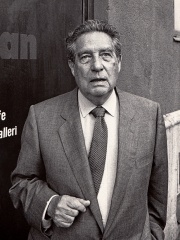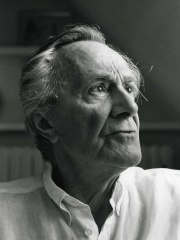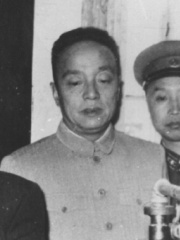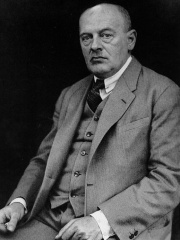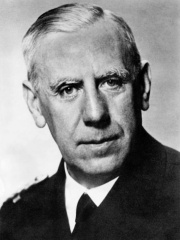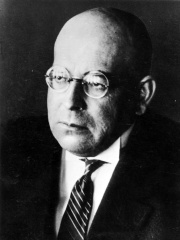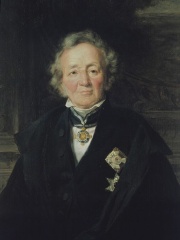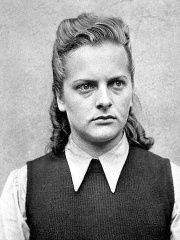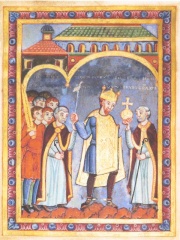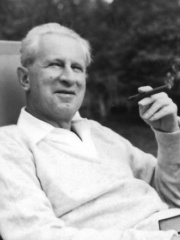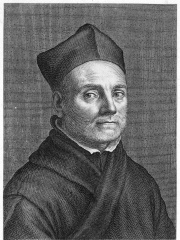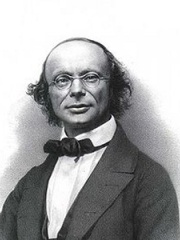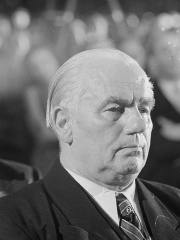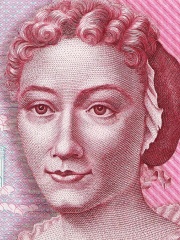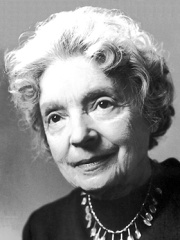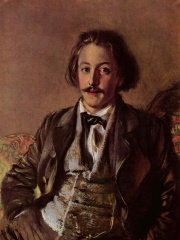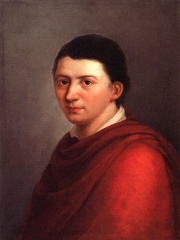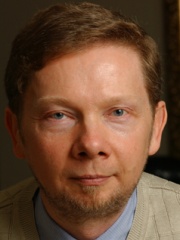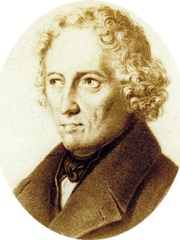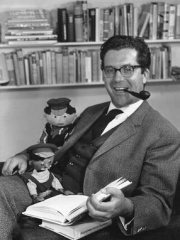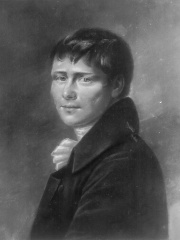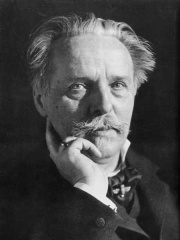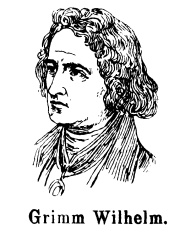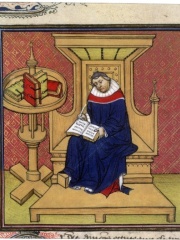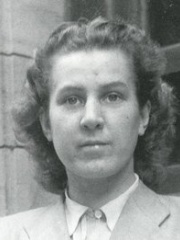WRITER
Ernst Jünger
1895 - 1998
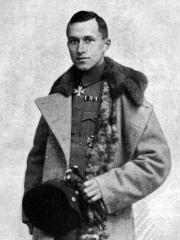
 Ernst Jünger
Ernst Jünger
Ernst Jünger (German: [ɛʁnst ˈjʏŋɐ] ; 29 March 1895 – 17 February 1998) was a German author, soldier, philosopher, and entomologist who became publicly known for his World War I memoir Storm of Steel. A prolific writer of over forty books, Jünger wrote particularly in the furtherance of conservatism and against what he perceived as the spiritual oppression of man. The son of a successful businessman and chemist, Jünger rebelled against an affluent upbringing and sought adventure in the Wandervogel German youth movement, before running away to briefly serve in the French Foreign Legion, which was an illegal act in Germany. However, he escaped prosecution due to his father's efforts and was able to enlist in the Imperial German Army on the outbreak of World War I in 1914. Read more on Wikipedia
His biography is available in 52 different languages on Wikipedia (up from 50 in 2024). Ernst Jünger is the 316th most popular writer (down from 310th in 2024), the 275th most popular biography from Germany (down from 265th in 2019) and the 19th most popular German Writer.
Ernst Jünger is most famous for his work as a German soldier during World War I, and his writings about the experience.
Memorability Metrics
Page views of Ernst Jünger by language
Among WRITERS
Among writers, Ernst Jünger ranks 316 out of 7,302. Before him are J. M. G. Le Clézio, J. M. Coetzee, Ismail Kadare, Herman Melville, Max Brod, and Honoré Gabriel Riqueti, comte de Mirabeau. After him are Antonin Artaud, Doris Lessing, Héloïse, François Mauriac, Henri Charrière, and Italo Calvino.
Most Popular Writers in Wikipedia
Go to all RankingsJ. M. G. Le Clézio
1940 - Present
HPI: 75.61
Rank: 310
J. M. Coetzee
1940 - Present
HPI: 75.60
Rank: 311
Ismail Kadare
1936 - 2024
HPI: 75.57
Rank: 312
Herman Melville
1819 - 1891
HPI: 75.56
Rank: 313
Max Brod
1884 - 1968
HPI: 75.54
Rank: 314
Honoré Gabriel Riqueti, comte de Mirabeau
1749 - 1791
HPI: 75.52
Rank: 315
Ernst Jünger
1895 - 1998
HPI: 75.47
Rank: 316
Antonin Artaud
1896 - 1948
HPI: 75.38
Rank: 317
Doris Lessing
1919 - 2013
HPI: 75.37
Rank: 318
Héloïse
1101 - 1164
HPI: 75.36
Rank: 319
François Mauriac
1885 - 1970
HPI: 75.36
Rank: 320
Henri Charrière
1906 - 1973
HPI: 75.33
Rank: 321
Italo Calvino
1923 - 1985
HPI: 75.31
Rank: 322
Contemporaries
Among people born in 1895, Ernst Jünger ranks 11. Before him are Santiago Bernabéu Yeste, Juan Perón, Buckminster Fuller, Carl Orff, Buster Keaton, and Anna Freud. After him are Wolfram Freiherr von Richthofen, Jiddu Krishnamurti, Nikolai Yezhov, Mikhail Bakhtin, Richard Sorge, and Wilm Hosenfeld. Among people deceased in 1998, Ernst Jünger ranks 10. Before him are Halldór Laxness, Alan Hodgkin, Jean Marais, Allan MacLeod Cormack, Vasily Arkhipov, and Todor Zhivkov. After him are Vladimir Prelog, Carlos Castaneda, Octavio Paz, Jean-François Lyotard, Yang Shangkun, and Florence Griffith Joyner.
Others Born in 1895
Go to all RankingsSantiago Bernabéu Yeste
SOCCER PLAYER
1895 - 1978
HPI: 79.08
Rank: 5
Juan Perón
POLITICIAN
1895 - 1974
HPI: 78.94
Rank: 6
Buckminster Fuller
ARCHITECT
1895 - 1983
HPI: 78.87
Rank: 7
Carl Orff
COMPOSER
1895 - 1982
HPI: 77.97
Rank: 8
Buster Keaton
ACTOR
1895 - 1966
HPI: 77.60
Rank: 9
Anna Freud
PSYCHOLOGIST
1895 - 1982
HPI: 76.60
Rank: 10
Ernst Jünger
WRITER
1895 - 1998
HPI: 75.47
Rank: 11
Wolfram Freiherr von Richthofen
PILOT
1895 - 1945
HPI: 75.46
Rank: 12
Jiddu Krishnamurti
PHILOSOPHER
1895 - 1986
HPI: 75.31
Rank: 13
Nikolai Yezhov
POLITICIAN
1895 - 1940
HPI: 75.17
Rank: 14
Mikhail Bakhtin
PHILOSOPHER
1895 - 1975
HPI: 75.17
Rank: 15
Richard Sorge
JOURNALIST
1895 - 1944
HPI: 75.08
Rank: 16
Wilm Hosenfeld
POLITICIAN
1895 - 1952
HPI: 74.95
Rank: 17
Others Deceased in 1998
Go to all RankingsHalldór Laxness
WRITER
1902 - 1998
HPI: 78.54
Rank: 4
Alan Hodgkin
PHYSICIAN
1914 - 1998
HPI: 78.08
Rank: 5
Jean Marais
ACTOR
1913 - 1998
HPI: 77.28
Rank: 6
Allan MacLeod Cormack
PHYSICIST
1924 - 1998
HPI: 76.80
Rank: 7
Vasily Arkhipov
MILITARY PERSONNEL
1926 - 1998
HPI: 75.89
Rank: 8
Todor Zhivkov
POLITICIAN
1911 - 1998
HPI: 75.86
Rank: 9
Ernst Jünger
WRITER
1895 - 1998
HPI: 75.47
Rank: 10
Vladimir Prelog
CHEMIST
1906 - 1998
HPI: 75.15
Rank: 11
Carlos Castaneda
WRITER
1925 - 1998
HPI: 74.47
Rank: 12
Octavio Paz
WRITER
1914 - 1998
HPI: 74.17
Rank: 13
Jean-François Lyotard
PHILOSOPHER
1924 - 1998
HPI: 74.11
Rank: 14
Yang Shangkun
POLITICIAN
1907 - 1998
HPI: 73.26
Rank: 15
Florence Griffith Joyner
ATHLETE
1959 - 1998
HPI: 71.53
Rank: 16
In Germany
Among people born in Germany, Ernst Jünger ranks 275 out of 7,253. Before him are Max Scheler (1874), Wilhelm Canaris (1887), Oswald Spengler (1880), Leopold von Ranke (1795), Irma Grese (1923), and Henry III, Holy Roman Emperor (1016). After him are Herbert Marcuse (1898), Athanasius Kircher (1602), Wilhelm Eduard Weber (1804), Wilhelm Pieck (1876), Hans-Dieter Flick (1965), and Maria Sibylla Merian (1647).
Others born in Germany
Go to all RankingsMax Scheler
PHILOSOPHER
1874 - 1928
HPI: 75.62
Rank: 269
Wilhelm Canaris
MILITARY PERSONNEL
1887 - 1945
HPI: 75.62
Rank: 270
Oswald Spengler
PHILOSOPHER
1880 - 1936
HPI: 75.52
Rank: 271
Leopold von Ranke
HISTORIAN
1795 - 1886
HPI: 75.51
Rank: 272
Irma Grese
POLITICIAN
1923 - 1945
HPI: 75.50
Rank: 273
Henry III, Holy Roman Emperor
POLITICIAN
1016 - 1056
HPI: 75.48
Rank: 274
Ernst Jünger
WRITER
1895 - 1998
HPI: 75.47
Rank: 275
Herbert Marcuse
PHILOSOPHER
1898 - 1979
HPI: 75.47
Rank: 276
Athanasius Kircher
PHILOSOPHER
1602 - 1680
HPI: 75.44
Rank: 277
Wilhelm Eduard Weber
PHYSICIST
1804 - 1891
HPI: 75.43
Rank: 278
Wilhelm Pieck
POLITICIAN
1876 - 1960
HPI: 75.42
Rank: 279
Hans-Dieter Flick
COACH
1965 - Present
HPI: 75.42
Rank: 280
Maria Sibylla Merian
BIOLOGIST
1647 - 1717
HPI: 75.41
Rank: 281
Among WRITERS In Germany
Among writers born in Germany, Ernst Jünger ranks 19. Before him are Gotthold Ephraim Lessing (1729), Nelly Sachs (1891), Paul Heyse (1830), Friedrich Schlegel (1772), Eckhart Tolle (1948), and Jacob Grimm (1785). After him are Michael Ende (1929), Heinrich von Kleist (1777), Karl May (1842), Wilhelm Grimm (1786), Einhard (770), and Traudl Junge (1920).
Gotthold Ephraim Lessing
1729 - 1781
HPI: 77.54
Rank: 13
Nelly Sachs
1891 - 1970
HPI: 77.39
Rank: 14
Paul Heyse
1830 - 1914
HPI: 77.29
Rank: 15
Friedrich Schlegel
1772 - 1829
HPI: 77.16
Rank: 16
Eckhart Tolle
1948 - Present
HPI: 76.13
Rank: 17
Jacob Grimm
1785 - 1863
HPI: 75.89
Rank: 18
Ernst Jünger
1895 - 1998
HPI: 75.47
Rank: 19
Michael Ende
1929 - 1995
HPI: 75.11
Rank: 20
Heinrich von Kleist
1777 - 1811
HPI: 74.52
Rank: 21
Karl May
1842 - 1912
HPI: 74.35
Rank: 22
Wilhelm Grimm
1786 - 1859
HPI: 73.93
Rank: 23
Einhard
770 - 840
HPI: 73.58
Rank: 24
Traudl Junge
1920 - 2002
HPI: 72.87
Rank: 25
